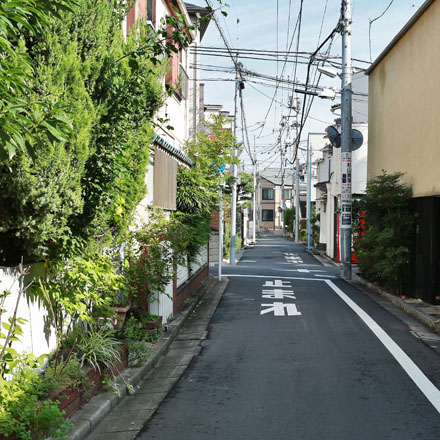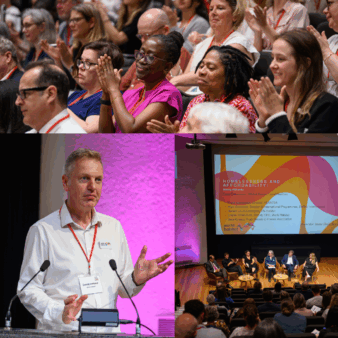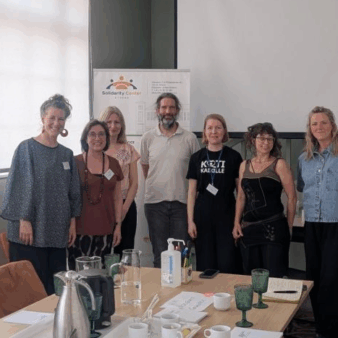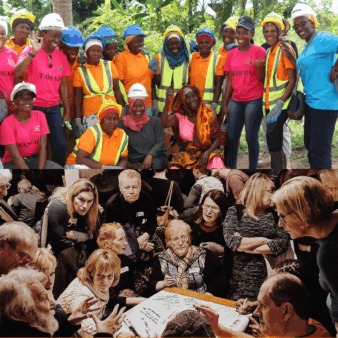
Kuni Koyama – from World Habitat Award winner Little Ones – blogs about the impact of COVID-19 on Japan’s single mothers, the support they’ve been able to provide and their work with landlords and local government.
Under a declared ‘state of emergency’ in Japan due to the spread of COVID-19, job losses and reduced incomes have made juggling financial and childcare responsibilities for single parents even more challenging. Even before the outbreak, life was difficult for single mothers in Japan, who face huge obstacles in finding affordable homes due to social stigma and discrimination in employment. Little Ones – a World Habitat Award Winner in 2018 – supports single mothers to find safe and affordable homes by utilising some of the millions of vacant properties in the country.
During the pandemic, we at Little Ones received heartbreaking calls from both single mothers and property owners who were struggling financially. The number of consultations we carried out was triple what it was in previous years. A Housing Security Grant had been made available by the local government in Tokyo for people at risk of losing their home due to the impact of COVID-19, with the condition that they were looking for work. Fortunately, in April, the requirements were eased because of the escalating crisis and the large number of people unable to pay their rent. Even self-employed and freelance people are now eligible, and there has been an overwhelming increase in requests for the Grant. Although rent grants have in the past been provided for unemployed people and disaster victims, this is the first time they have been available to those who are financially unable to pay their rent – this is a milestone change in local policy.
Many of the single parents who approached Little Ones at this time were unaware of the support available, or thought they couldn’t apply, so we’ve told many of them about the Grant and helped them prepare their applications. At Little Ones, we have always worked to make sure that housing is accessible, affordable and that those in need have the right support. But the COVID-19 pandemic has made me think even more about how to make housing more accessible to people – as the foundation of their lives and their place of security and safety.
We’ve been getting more and more inquiries from property owners, whose houses sit vacant as tourism has dwindled. Some owners built new B&B and other private accommodation in preparation for Tokyo hosting the Olympics and Paralympics – with these major events postponed, the guests never came. Many landlords no longer have a steady rental income because their tenants cannot pay their rent or have moved away.
Working with these landlords, we’ve been able to guarantee them a secure income, bring their vacant properties back to life, and ensure that single mothers have a secure home. We’re also working on an affordable housing scheme with the government. It will be based on equity investors, who are responsible for securing the funds, selecting a property, and setting up an investment plan. The property is then purchased with the combined funds from lenders, and a service provider (in this case, Little Ones) becomes the tenant. We will then be able to house a single mother and her children in the property, with financial support from the government – creating the return on investment for the owner. We will also provide access to training and proactive career development support to increase the families’ income, with the ultimate aim of reducing the need for housing support.
COVID-19 has brought huge challenges, but it has also changed local government in Japan. At Little Ones we will continue to work together to support single mothers and ensure that they can access the housing and support they need to flourish.




Join the discussion